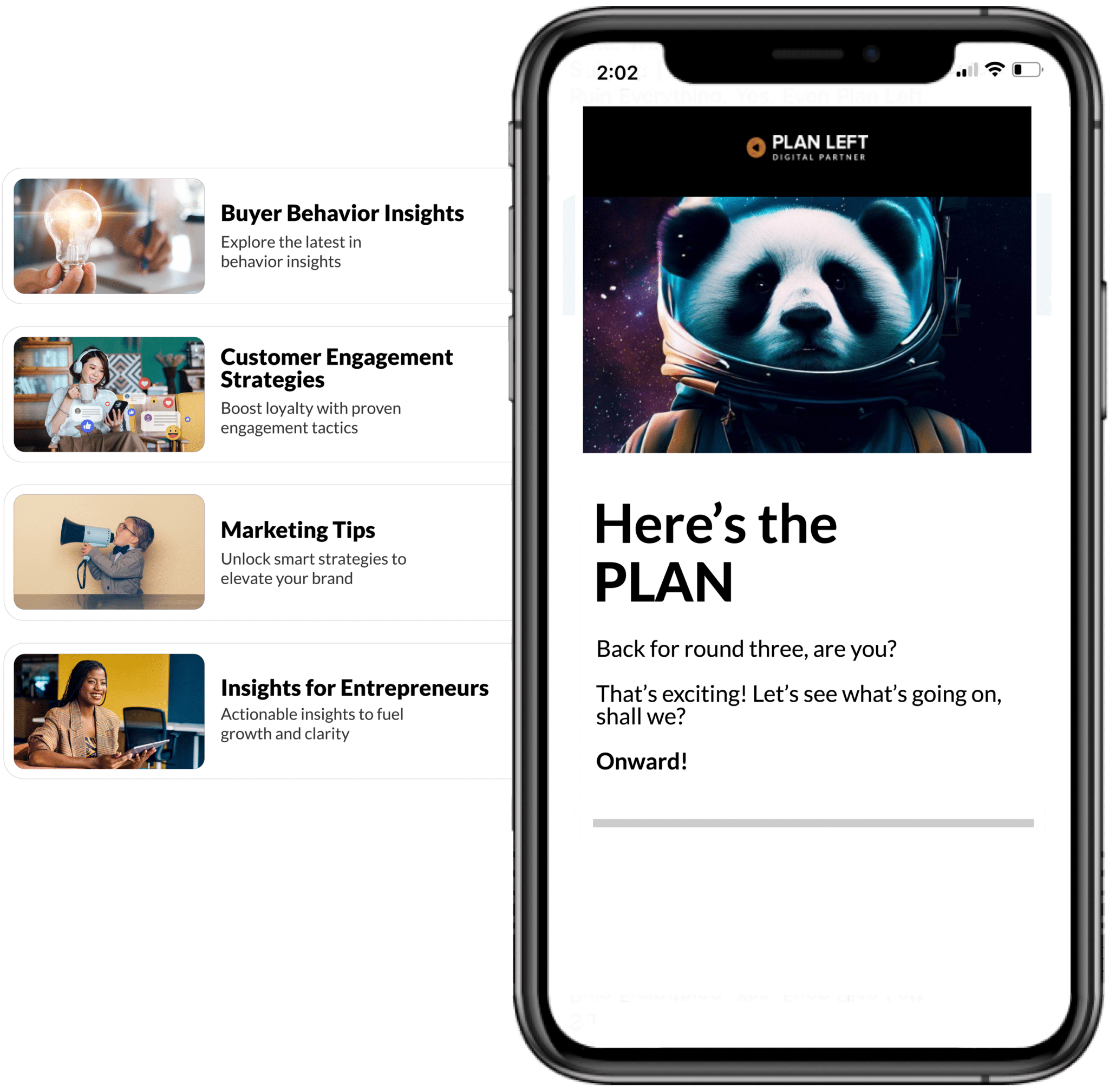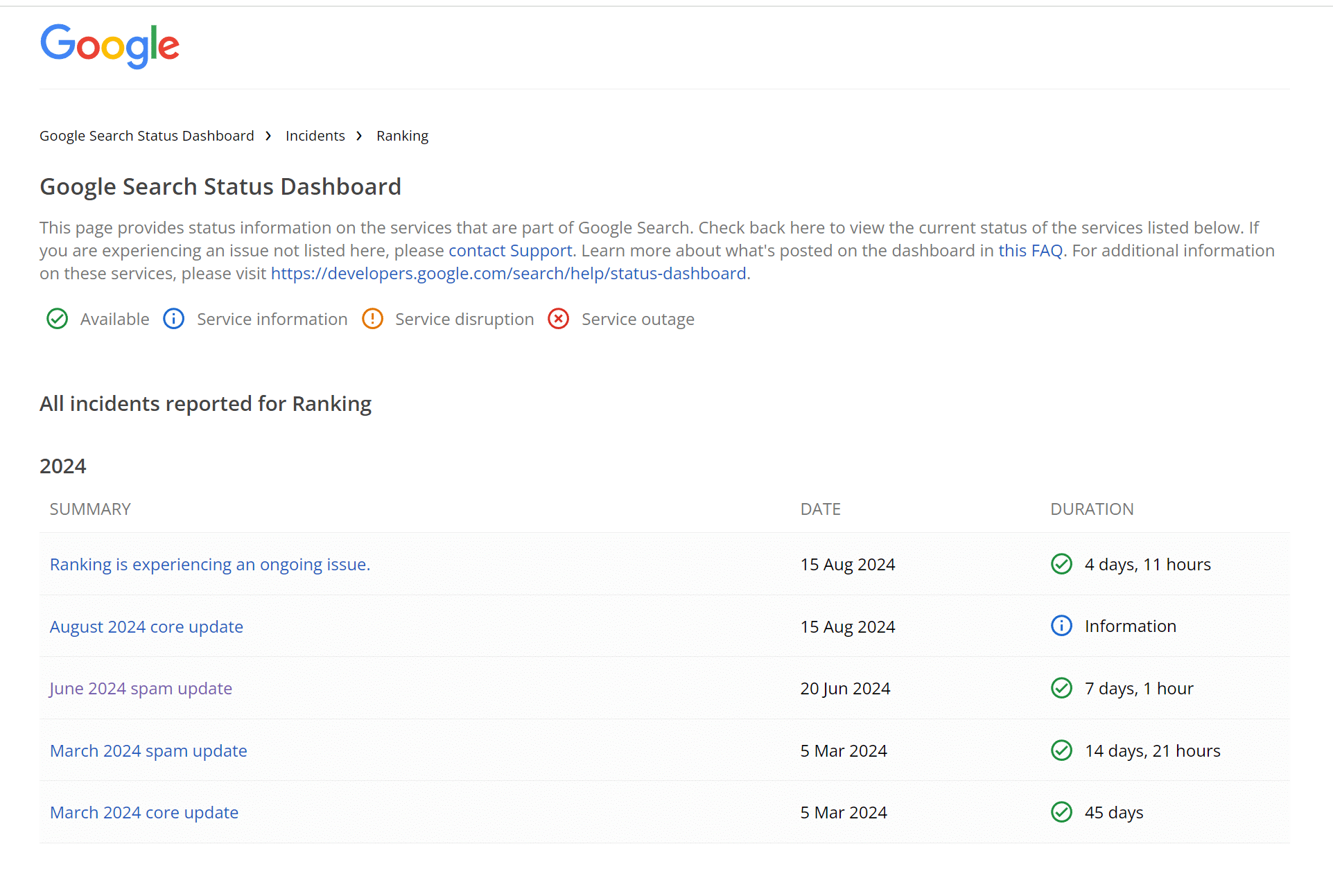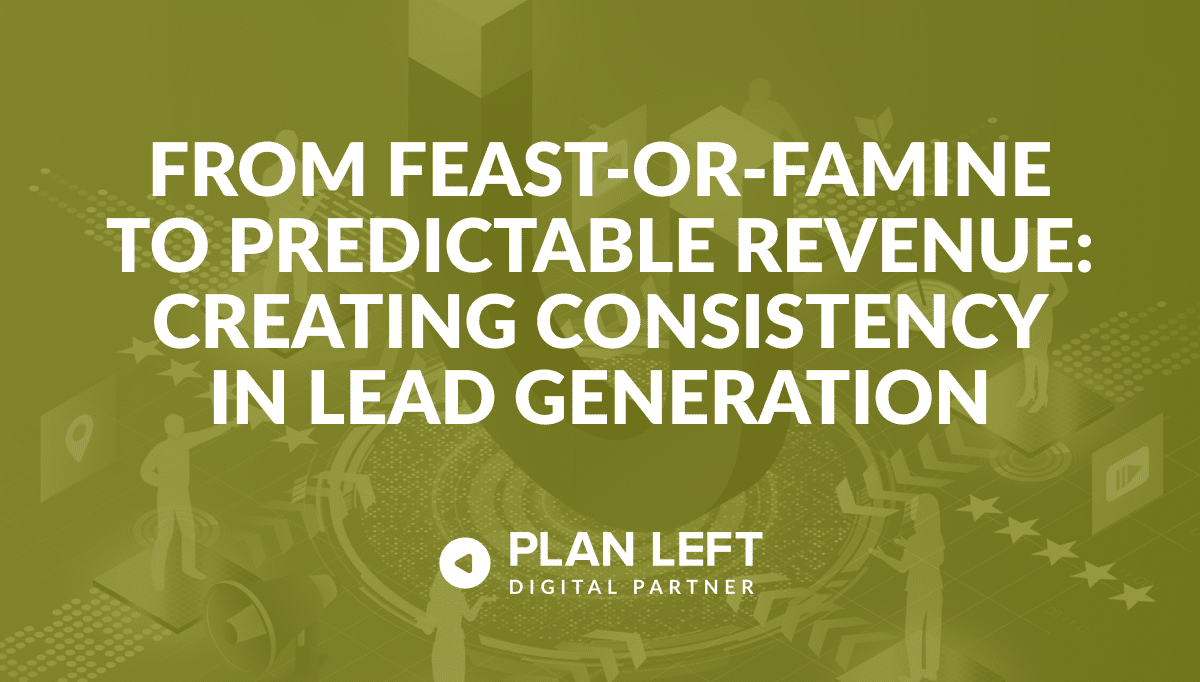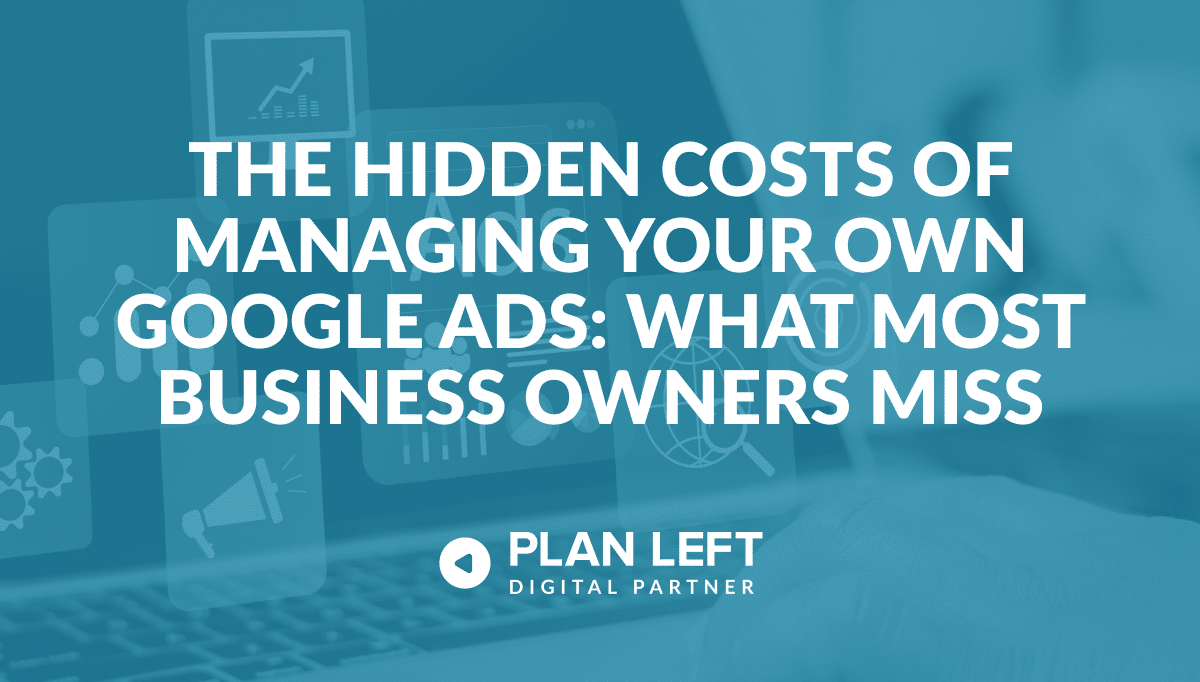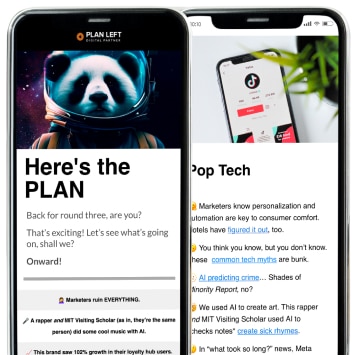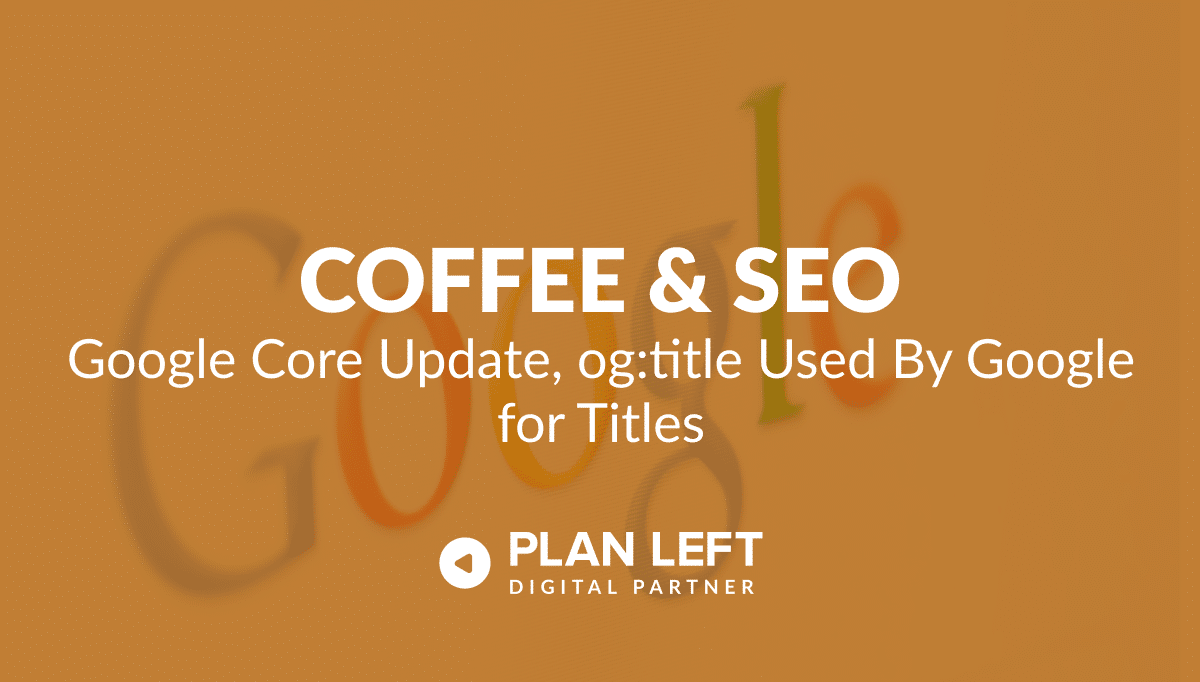
Google’s August Core update is still rolling out, Google confirms core updates impact AI Overviews, and the new Google Office-Hours covers everything from multilanguage content to indexing. Google is now using og:title (Facebook Open-Graph) to generate titles, and they also weigh in on title tags and meta descriptions for search rank. Let’s break it down!
August 2024 Google Core Update
The August 2024 Core update, which began rolling out in early August, is part of Google’s ongoing efforts to improve search result relevance and quality—in other words, still focusing on content.
Source: Google Search Status Dashboard
Refinement of Search Intent
This update focuses heavily on understanding and matching user intent with the most relevant content. Google has fine-tuned its ability to interpret complex search queries, making it even more important for businesses to check that their content aligns closely with what users are searching for. This includes an emphasis on content that directly addresses specific questions (FAQ pages!) or needs rather than offering broad or superficial coverage of topics.
In other words, knowing your target audience goes beyond your brand. Google also wants to see that you’re answering your audience’s needs, which makes having those updated personas even more valuable.
Quality Over Quantity
Another critical aspect of this update is its focus on content quality over sheer volume. Sites that have been churning out large amounts of low-quality content could see a dip in their rankings. But, those who invest in well-researched, in-depth articles could likely benefit—similar to what we saw in the last Google Core Update earlier this year.
Google’s Guidance on the August 2024 Update
With the August 2024 update have also come some document changes. Google revised its core update guidance to reflect the changes brought by this update. One of the most significant revisions is the emphasis on EEAT (Experience, Expertise, Authoritativeness, and Trustworthiness). Websites that demonstrate high expertise and trustworthiness are prioritized, especially in YMYL (Your Money or Your Life) sectors.
New Google SEO Office-Hours
Google’s August SEO Office Hours covered a lot, from multilingual websites to 404s, indexing, and more. We have the highlights below.
Multilingual Website Indexing
An issue we’ve discussed in Coffee & SEO before is the indexing of multilingual websites. One of the questions asked noted that while their English pages are consistently indexed, their Swahili pages are not. The response reiterated the importance of cross-linking different language versions of the content and using the hreflang attribute to signal to search engines that these pages are intended for different language users. Doing this can improve the chances of indexing for localized content.
Handling 404 Errors
The Google team talked about 404 errors, something we know Google doesn’t care about, but they clarified that while having 404s is normal and won’t directly harm a site’s overall ranking, it is important to create a user-friendly 404 page. Instead of redirecting users to unrelated content, which can frustrate them, it is better to maintain a clear 404 response and provide helpful information or alternatives.
Impact of Nofollow and Noindex Tags
Using nofollow and noindex tags do not inherently signal low-quality content to Google. They simply indicate links or pages that the site owner does not wish to highlight or have indexed. This is particularly relevant for user-generated content or links of uncertain quality.
But use these tags with caution. As we shared earlier this year, Google has acknowledged that when you noindex a URL it also cancels out the linking power of any links within the content of that URL.
Managing Duplicate Content
Duplicate content, especially concerning subdomains targeting different markets with similar content, should use hreflang tags to help Google understand the intended audience for each subdomain. This helps make sure that the correct version of the content is served to users in different regions.
Addressing Crawling and Indexing Issues
Experiencing indexing issues following updates to your website or plugins? Google emphasizes the importance of maintaining a clean and accessible site structure, as well as the need to check that settings in content management systems (like WordPress) do not inadvertently block search engines from crawling important pages.
Remember, when updates happen, there is always the possibility of settings getting changed or things getting reset. A good way to avoid this from impacting your website is to have a checklist to confirm that desired settings are still where you want them.
Google to Use og:title For Title Generation
Google Search Central’s updated documentation now states that Google, …”can use content within og:title meta tags to automatically generate title links.” The og:title tag, part of the Open Graph protocol developed by Facebook, allows website owners to specify a title for their content that may differ from the traditional HTML title tag. Previously used primarily for optimizing how content appears when shared on social networks, Google’s inclusion of this tag in its title link sources indicates a broader application of Open Graph data.
Source: Plan Left Onsite Technical Audit
Sources for Title Link Generation
Google now considers the following sources when automatically determining title links:
- Content in <title> elements
- Main visual title shown on the page
- Heading elements (e.g., <h1>)
- Content in og:title meta tags
- Other large and prominent text
- Other page content
- Anchor text on the page
- Text within links pointing to the page
- Website structured data
SEO and Content Strategy Implications
This update may require content creators and digital marketers to pay closer attention to og:title tags, making sure they accurately represent page content while remaining engaging for searchers.
However, Google’s best practices for title links remain largely unchanged, recommending unique, descriptive titles for each page, avoiding keyword stuffing, and ensuring titles accurately reflect page content.
Watercooler Highlights
Google says title tags might impact ranking, and meta descriptions can be pulled from the content page if they don’t meet Google’s standards. Plus, Google confirms AIO (AI Overviews) are impacted by core updates, which means with GEO (Generative Engine Optimization), your website could be used in those generated results, putting your website at the top of the search results page.
Google Weighs in on Title Tags and Meta Descriptions Impacting Rank
Google recently provided insights into the impact of title tags and meta descriptions on search rankings, challenging some long-held SEO beliefs.
Title Tags
Simply stated, changing title tags “maybe” impacts rankings, but it makes sense that it would. Words matter, and what users see on the search results pages will either get them to click on your website or miss their interest, and they keep scrolling.
Meta Descriptions
Meta descriptions can influence how snippets appear in search results. Google has said that they will use meta descriptions if they are short (best practices say 155 characters or less), relevant to what Google has determined is the centerpiece annotation, and informative, capturing user interest. If Google does not think your meta description meets these qualifications, they will pull content from the content page to use as a snippet on the search results pages.
AI Overviews and Core Updates
John Mueller, Google’s Senior Search Analyst, stated on LinkedIn that AI overviews are “a part of search, and core updates affect search, so yes,” they are affected by core algorithm updates. This aligns with observations from SEO professionals who have noticed changes in the sources used for AI overviews following major algorithm updates.
Impact of Core Updates on SEO
This clarification should encourage website owners and digital marketers to optimize content for GEO to increase the opportunity to show in AIO (AI-Overview) results.
Explore Latest Posts
From Feast-or-Famine to Predictable Revenue: Creating Consistency in Lead Generation The revenue roller coaster is exhausting. Some months your pipeline ... read more
February 25, 2026
Marketing Automation Tools That Actually Save Time (Not Create More Work) Your marketing to-do list keeps growing faster than you ... read more
February 18, 2026
The Hidden Costs of Managing Your Own Google Ads: What Most Business Owners Miss Google Ads seems straightforward enough: pick ... read more
February 11, 2026
Essential Strategies for Entrepreneurs
Get Actionable Business Insights & Marketing Tips
Our newsletter delivers real-world strategies from entrepreneurs who’ve been exactly where you are.
Sign up now for:
- Actionable growth strategies that work
- Insider tactics for attracting top talent
- Real-world case studies from successful founders
- Emerging tech trends that drive innovation
- Pragmatic marketing approaches for visionary leaders
